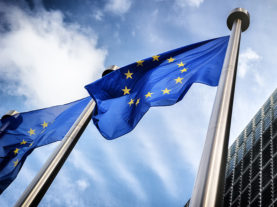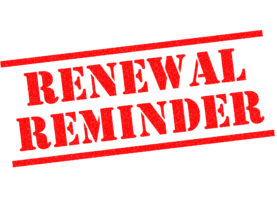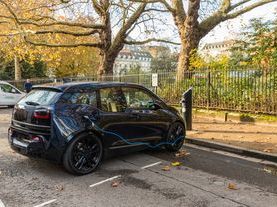The European Commission has confirmed that member states will be adopting new measures, introduced to help meet the target of reducing emissions by 55% by 2030, compared to 1990 levels.
The announcement from the EU confirmed that the ‘fit for 55’ climate and energy package will contain 12 new pieces of legislation to align EU legislation with the EU’s increased climate ambition as set out in the European Green Deal.
The announcement came on 14 July, on the same day that the UK Government unveiled its ‘Greenprint’ for transport decarbonisation.
Of particular interest to BVRLA members is:
-
Stronger CO2 emissions standards for cars and vans, that will accelerate the transition to zero-emission mobility by requiring average emissions of new cars to come down by 55% from 2030 and 100% from 2035 compared to 2021 levels.
-
The revised Alternative Fuels Infrastructure Regulation, that will require Member States to expand charging capacity in line with zero-emission car sales, and to install charging and fuelling points at regular intervals on major highways: every 60 kilometres for electric charging and every 150 kilometres for hydrogen refuelling.
-
Secondhand market for zero emission vehicles (ZEVs) will be also enabled by the CO2 standards proposal.
-
Vehicles which will in the meantime continue to run on ICE will have their fuel decarbonized according to the newly released Renewable Energy Directive. Specific targets are proposed for renewable energy use in transport.
The proposal does not include any specific mandate for fleets regarding low and zero-emissions vehicles.
Zero-emission vehicles currently include battery electric vehicles, fuel-cell and other hydrogen powered vehicles. Plug-in hybrid electric vehicles are also mentioned as low-emissions vehicles which can continue to play a role in the transition pathway.
The Commission explains that it is preferable to remove as of 2030 the incentive scheme for zero- and low-emission vehicles (ZLEV). A binding ZEV mandate or a bonus/malus system would reduce significantly the flexibility for manufacturers to meet their CO2 emission targets.




